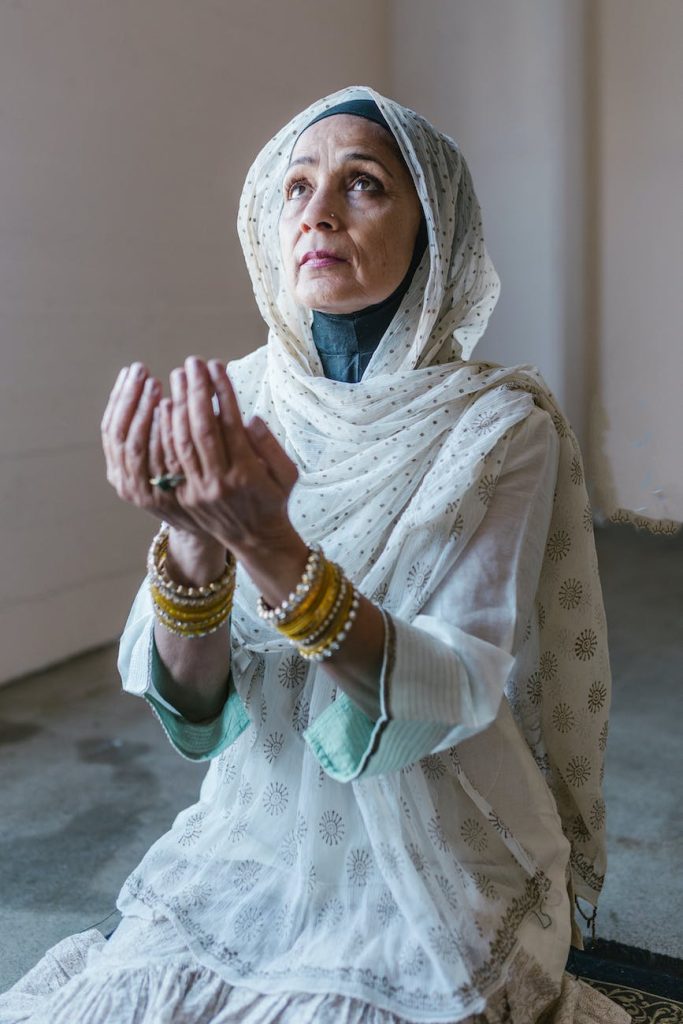

Check out the featured post and read more here: https://www.ibelieve.com/christian-living/when-just-pray-about-it-isnt-enough-3-biblical-truths-for-real-healing.html
In 2019, I began walking through one of the hardest seasons of my life. I’d just been diagnosed with clinical anxiety and depression, numerous stomach issues, and suspected endometriosis. But instead of receiving the typical get-well cards, casseroles, and encouragement, I was told over and over again an unsettling phrase: “Just pray about.”
I knew they meant well, but I couldn’t shake the deep gnawing in my stomach. Did they even know me? Of course, I was praying. Prayer is powerful. James 5:16 reminds us that the prayers of a righteous person are powerful and effective. And yet, this advice to simply “pray more” can feel incredibly dismissive and invalidating. Sadly, I’m not the only one to hear this cliché.
If you’ve been told to “pray more,” as an answer to your suffering, I want you to know that I’m so sorry. Prayer is incredible, but it’s also a powerful reminder that it’s okay to seek practical biblical help—from God and those He’s blessed us with. Here are three reminders when Christian clichés like these aren’t enough.
1. Prayer is a starting point
A few weeks ago, my Pastor preached an incredible sermon series on depression. It was raw, authentic, vulnerable, and honestly, one of the best I’ve ever heard. In the series, he used biblical figures who struggled with depression and explained what was helpful for them in their recovery. Of the helpful antidotes, he mentioned prayer. But here’s the catch: prayer is a starting point. It’s absolutely where we should begin when we’re suffering. God wants us to start with Him. He desires to hear what’s on our hearts. But He also gives us permission to find and obtain practical advice, too.
Prayer was never meant to replace practical steps, but guide them. Why else would Scripture tell us to pray without ceasing, and to pray at all times in all circumstances? In Nehemiah, he prayed, but he also rebuilt the wall. Elijah prayed, but he also took care of his physical needs (food, water, and rest).
There’s a common misconception in Christian circles that prayer is something we rattle off the tongue and then move on. But I believe prayer is alive and active—it leads, guides, directs, and informs our next best step, and then helps us to take those actions.
Hebrews 4:12 says it this way: “For the word of God is alive and active. Sharper than any double-edged sword, it penetrates even to dividing soul and spirit, joints and marrow; it judges the thoughts and attitudes of the heart” (NIV).